Concept of circularity
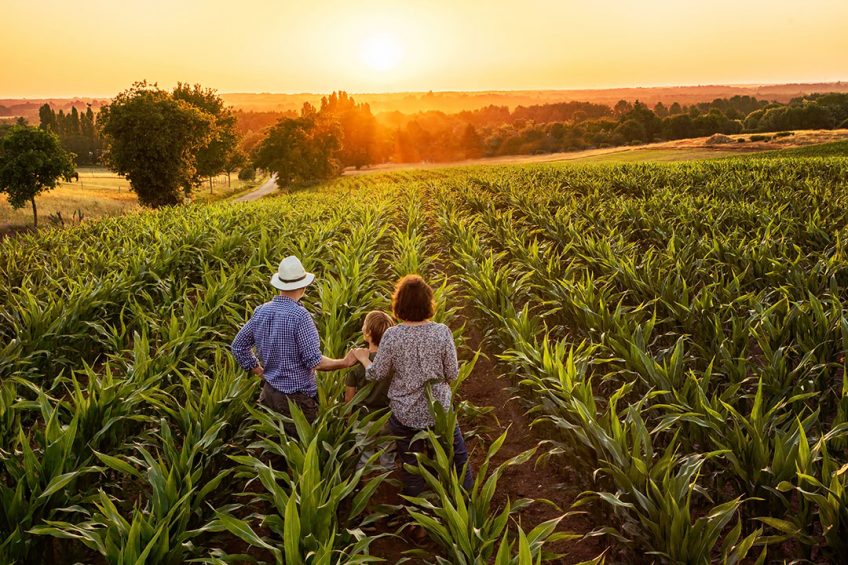
The exhibition floor of VIV Asia in Bangkok, which took place 13-15 March, saw over a hundred exhibitors from the Netherlands showcasing the latest and most innovative solutions for intensive livestock production. Our tiny country in Europe has become a proving ground of new farming solutions, because we live in a pressure cooker and therefore can make use of a living laboratory environment.
Societal demands and legislative pressure are the highest in the Netherlands than almost any other country in the world. Is that a situation to envy? Well, it surely forces the industry to constantly think of what is coming next, hence driving innovation.
Concept of circularity
At VIV our group of farmers and experts shared the latest vision of our department of agriculture and showed by example how farmers embrace it. The new concept is a concept of circularity. This is about agriculture being in harmony with the environment and based on natural cycles, which will require encouraging farmers, entrepreneurs and researchers to share their knowledge with each other and internationally. To some this may sound like everything they are used to doing is obsolete, but the contrary is true. Our farmers pay testimony that their journey has already begun. We are not starting from scratch, but are long underway.
Big data and block-chain solutions
Circularity, caring for our planet and looking after our animals in the best way possible, comes naturally. Or as one of our farmers states it: “We have a true understanding that after today, there is a tomorrow.” As an animal protein sector we have to look past the boundaries of just focusing on technical results in the poultry house. Of course health and food safety are key, but to be really successful we have to look for added value. The possibilities are endless, especially because we can be totally transparent with the help of big data and block-chain solutions. Growing birds in innovative housing systems, taking an extra step in welfare or environmental friendly solutions of even feeding food waste or arable by-products to our birds, all are examples of new and unconventional ways of differentiation. The concept is circularity, our opportunity is showing it, putting a number on sustainability and make a business model out of it.
 Beheer
Beheer
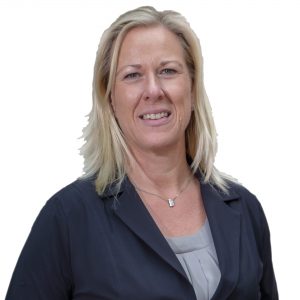
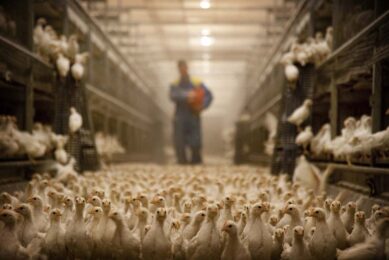
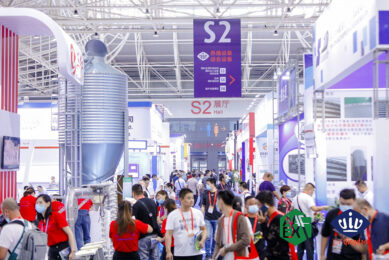
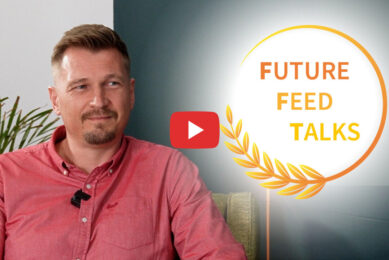




 WP Admin
WP Admin  Bewerk bericht
Bewerk bericht